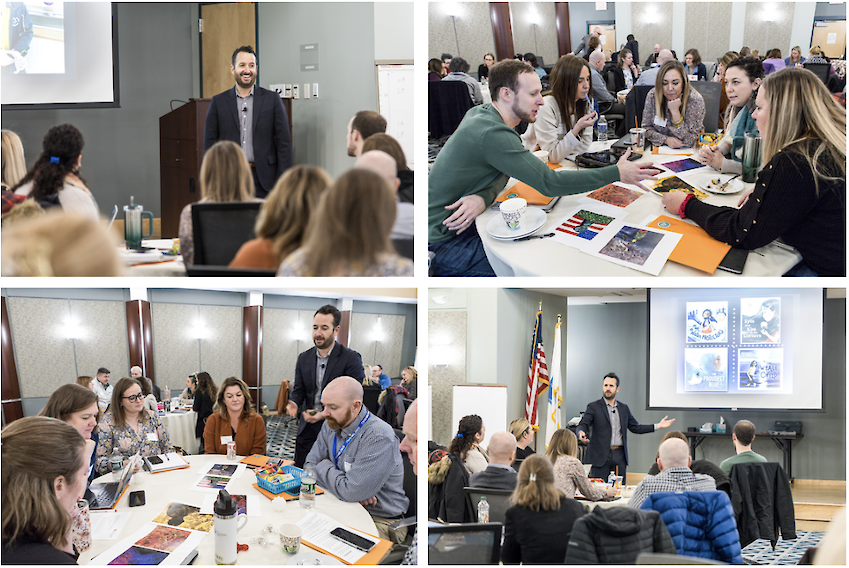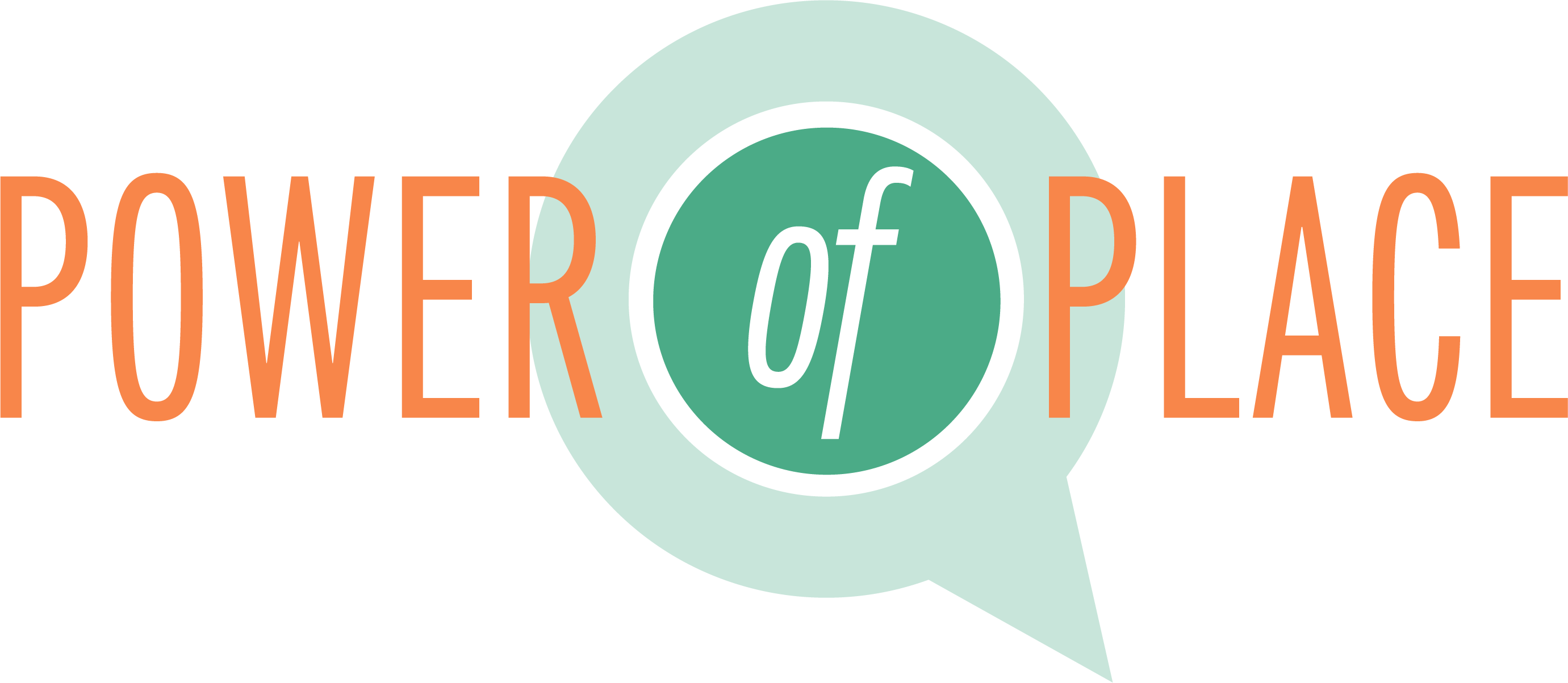February 23, 2024 Read Time:
PBLMichael McDowell
Whether you are reading this while on vacation or soon after, I hope that you have gotten some much-deserved rest during this vacation week. Research - and experience - tells us that rest is critical to our mental and physical health and that it offers great benefits to managing stress, protecting our immune system, stabilizing our moods, and boosting our creativity.

We live in a culture that prioritizes productivity and efficiency, and it can be difficult to make resting a habit. This is something I struggle with every day – reminding myself that the relentless effort to “get things done” will not always produce better results, and remembering that developing the habit of resting can help me recharge and work more effectively.
How can we develop the habits that serve us well in life? We can seek help from books like The Power of Habit, by Charles Duhigg (2014), or Atomic Habits, by James Clear (2018), a leading expert on habit formation (I know a teacher who swears by this book). Both books offer evidence-based advice and strategies on how to form good habits and - as importantly - how to break bad ones. These experts tell us it’s the repetition of small behaviors that can make all the difference.
Earlier this month we heard a similar message from Michael McDowell, internationally known educator, and author of The Project Habit: Designing for Rigor with PBL. McDowell was the guest faculty at the February 8 ECLC Winter Gathering. He asked the crowd of educators from more than a dozen districts to consider how they could develop the small habits of inquiry and instruction that offer a big return in the classroom. Citing meta analyses conducted by his mentor and colleague John Hattie, author of Visible Learning, McDowell emphasized the central importance of teacher clarity. Clarity, he said, “comes through conversation, not presentation.”
McDowell was quick to distinguish between “motion” and “action.” As he tells it, a “motion” habit is a regular tendency or specific routine linked to planning, strategizing, and learning outside of implementation (i.e. reading a book, reviewing data with colleagues, attending a conference). An “action” habit, on the other hand, is a regular tendency or specific routine linked to engaging in an activity (i.e. co-constructing the driving question with students and providing targeted feedback and monitoring progress with students).
Our colleague Gary Chapin was inspired to write the following poem after the Winter Gathering. Look for his more detailed blogpost about the learning experience next week on social media.
i want kids to
i want kids
to feel like
they’re getting
away with something
when they learn
something
like it’s a
conspiracy
a cut corner
a minor crime
an initiation
into the dark secret
we’re trying to keep.
i want kids
to wonder about the teachers
like, “if the teachers
knew what we were
learning, they would
never let us
learn it.”
like it’s a
conspiracy
like kids’ve figured
out they don’t have
to use this knowledge
only for good
and even if they wanted to
there’s too much
potential for
damage
like they can
use these skills
against us
hurt us.
freedom looks like joy
and the only way
you know you are
free is if you do
something the
teachers would rather
you not do.
i want kids to
break us and break
free and the sooner
the better
for everyone.
Finally, on celebratory note: We are thrilled to share that Laura Tota, Power of Place’s Senior Program Manager, and her husband Chris, welcomed a new baby into their family this week, joining two-year-old Addison. George Andrew Tota was born at 1:03 pm on Wednesday at an impressive 10 lbs and 22.5 inches. Everyone in the family is thriving, and we could not be happier for them. If you would like to wish Laura and her family congratulations, we’ve set up a Jamboard here. Laura is on leave until the middle of May, so she won’t be answering emails, but we promise to share your messages with her.

